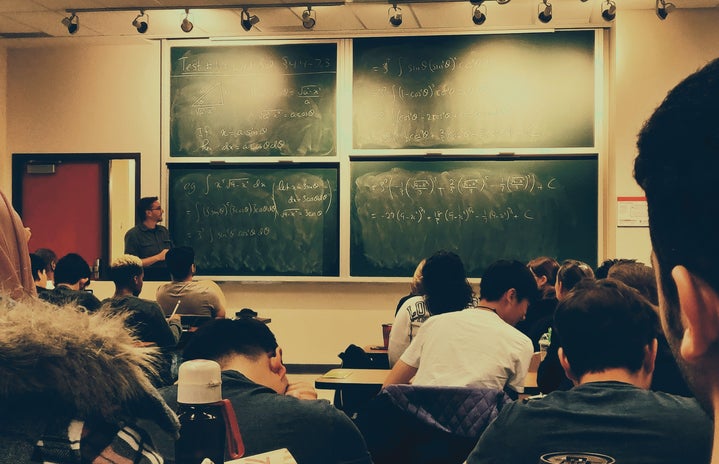Every year on September 8, the world unites to celebrate International Literacy Day, a moment to pause and reflect on the revolutionary impact of education. Education is more than just being able to read and write; it’s the cornerstone that improves individual and community growth. It serves as a means of emancipation, a release from the constraints of poverty, and a first step towards a more just and equal society. While India has made significant strides since gaining independence, illiteracy remains a challenge, especially in regions where development has fallen behind.
Though India’s literacy rate has significantly increased over the years, it still reflects both prosperity and inequality. According to the 2011 Census, the national literacy rate stands at 74.04%. However, there is a stark contrast between regions and genders. States like Kerala and Mizoram boast impressively high literacy rates, while regions such as Bihar, Uttar Pradesh, and Rajasthan lag far behind. This uneven distribution highlights the deep-rooted issues hindering growth.
The causes of these regional disparities are complex. At the core of the problem lie poverty, capitalistic greed, and wealth concentrated at the top. In many parts of India, particularly in economically challenged states, education takes a backseat as families grapple with financial hardship. Children are often pulled out of school to work on farms, in factories, or informal jobs, prioritizing immediate survival over long-term educational gains. This not only denies them access to education but traps them in a cycle of poverty that education could have broken.
The burden of solving this issue primarily rests with the government. India has enacted a plethora of laws and initiatives throughout the years to enhance education, including the Sarva Shiksha Abhiyan, the Mid-Day Meal Plan, and the Right to Education Act (RTE). These programs have been crucial in raising enrolment rates, enhancing retention rates, and encouraging families to enrol their kids in school. However, despite these efforts, there is a long way to go in ensuring that every child in India, regardless of their socio-economic background, has access to quality education.
The responsibility of addressing this issue primarily falls on the government. Over the years, India has implemented various laws and initiatives to improve education, such as the Sarva Shiksha Abhiyan, the Mid-Day Meal Scheme, and the Right to Education Act (RTE). These programs have played a vital role in increasing enrolment, improving retention rates, and motivating families to send their children to school. Yet, despite these efforts, a significant gap remains in guaranteeing that every child in India, regardless of their socio-economic background, receives quality education.
Kerala, on the other hand, stands as a shining example of what can happen when education is prioritized. The state’s near-universal literacy rate is no accident; it is the result of decades of strong, deliberate policy. Kerala’s social and political fabric is tightly woven with the importance of education. Successive governments have consistently made education a priority, funding public schools, promoting gender equality in classrooms, and ensuring that educators are well-qualified and motivated. Furthermore, the state’s high literacy rate is supported by a population that values education and actively champions programs that keep children in school.
In the long run, India’s future hinges on breaking the cycle of poverty that keeps many children out of school. To tackle the root causes of illiteracy, it is crucial to ensure that economic prosperity is evenly distributed and that educational opportunities for upward mobility are created. This requires a stronger emphasis on supporting government programs, ensuring their transparent and responsible implementation, and fostering a mindset where education is seen as a right rather than a privilege.
On this International Literacy Day, it’s essential to remember that literacy is a lifelong journey that impacts individuals, communities, and nations, not just a goal to be achieved. For India to truly progress, it must ensure that every child—regardless of gender, caste, or economic background—receives an education in every village, town, and city. Only then will the full promise of literacy and the empowerment it brings be realized.
Let’s commit to supporting educational initiatives and advocating for policies that ensure every child has access to quality education. Together, we can turn this vision into reality. 🌍📚




